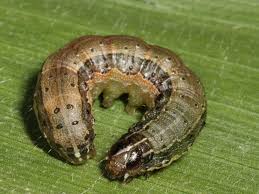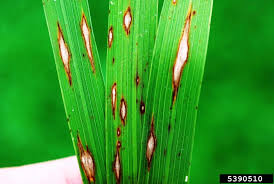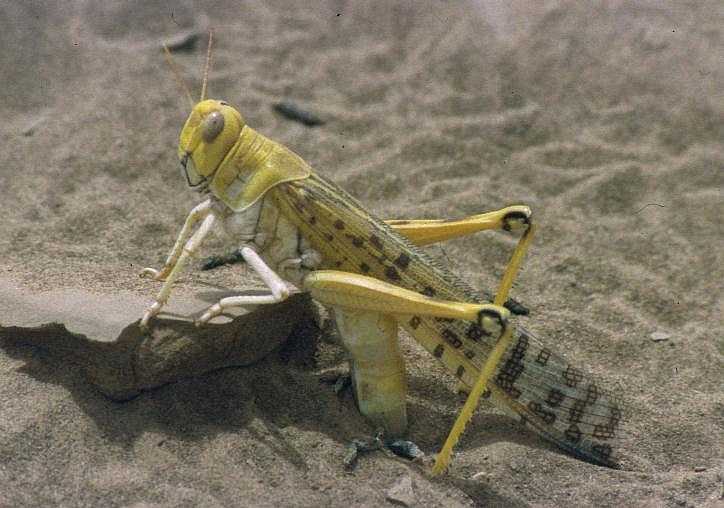Learn More About Pest Outbreaks
Introduction
Discover how Predictive Pest Guard leverages AI and real-time weather data to predict pest outbreaks, reduce crop losses, and promote sustainable farming. Our platform offers interactive dashboards, automated alerts, and risk assessments, empowering farmers, researchers, and agribusinesses with data-driven insights for smarter pest control and improved agricultural productivity.
Common Pests & Their Impact

Affected Crop: Maize
Region: Africa, Asia
Severity: High

Affected Crop: Rice
Region: Global
Severity: Medium

Affected Crop: Various
Region: Africa, Middle East
Severity: Critical
Prevention & Control Methods
- Crop Rotation – Prevents pest buildup by changing crops each season.
- Neem Oil Spray – Natural pesticide effective against various pests.
- Companion Planting – Plants like marigolds deter harmful insects.
- Sticky Traps – Captures flying pests like whiteflies and aphids.
- Biological Control – Introduce natural predators like ladybugs or nematodes.
- Insecticidal Soaps – Mild chemicals targeting soft-bodied insects.
- Pyrethroid Sprays – Fast-acting insecticides for severe infestations.
- Systemic Pesticides – Absorbed by plants to kill pests from within.
- Fungicides – Controls fungal infections affecting plant health.
- Herbicides – Prevent weed growth, reducing pest habitats.
AI-powered Prediction Techniques
AI-powered prediction techniques use machine learning, deep learning, and data analytics to forecast pest outbreaks. Techniques like time-series analysis, neural networks, and decision trees analyze weather patterns, crop health, and historical pest data to detect trends, assess risks, and generate early warnings, enabling proactive pest management and sustainable agriculture.